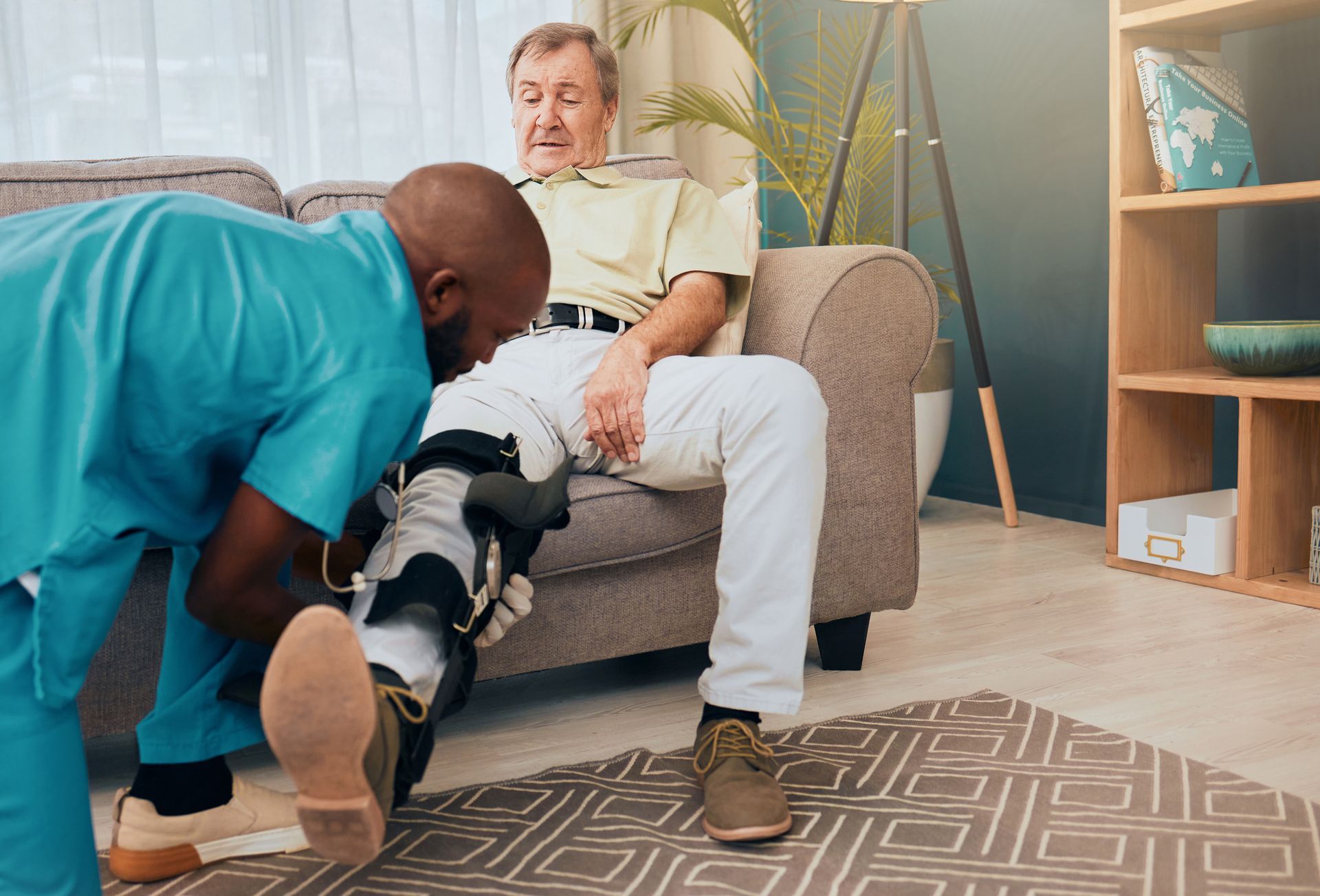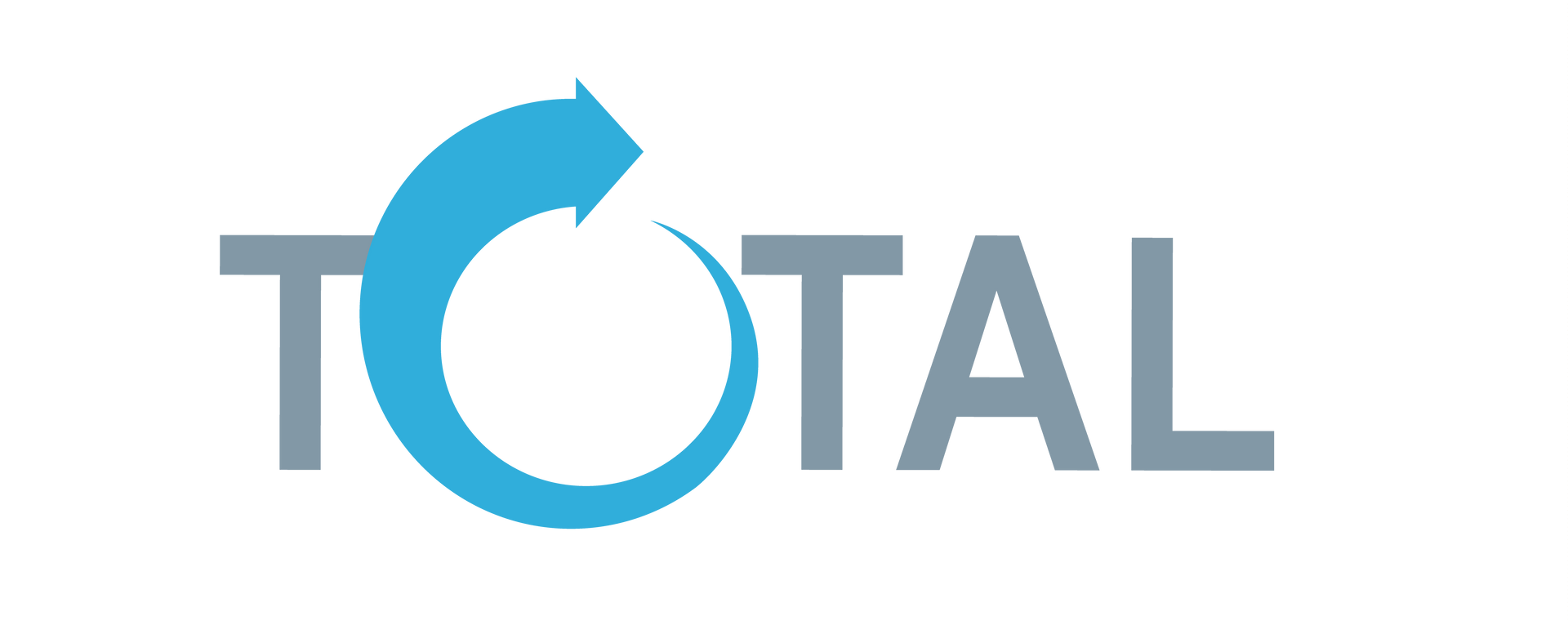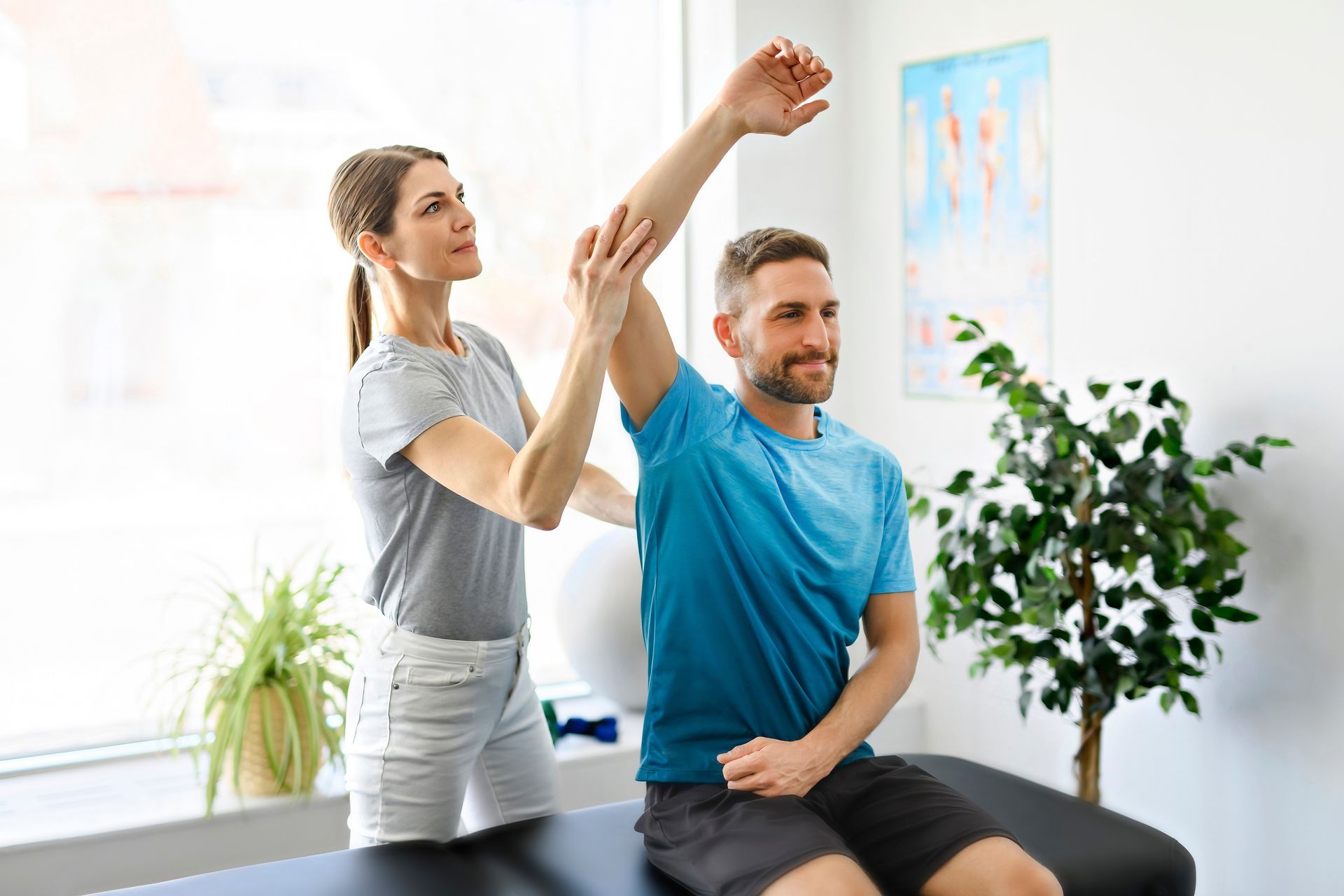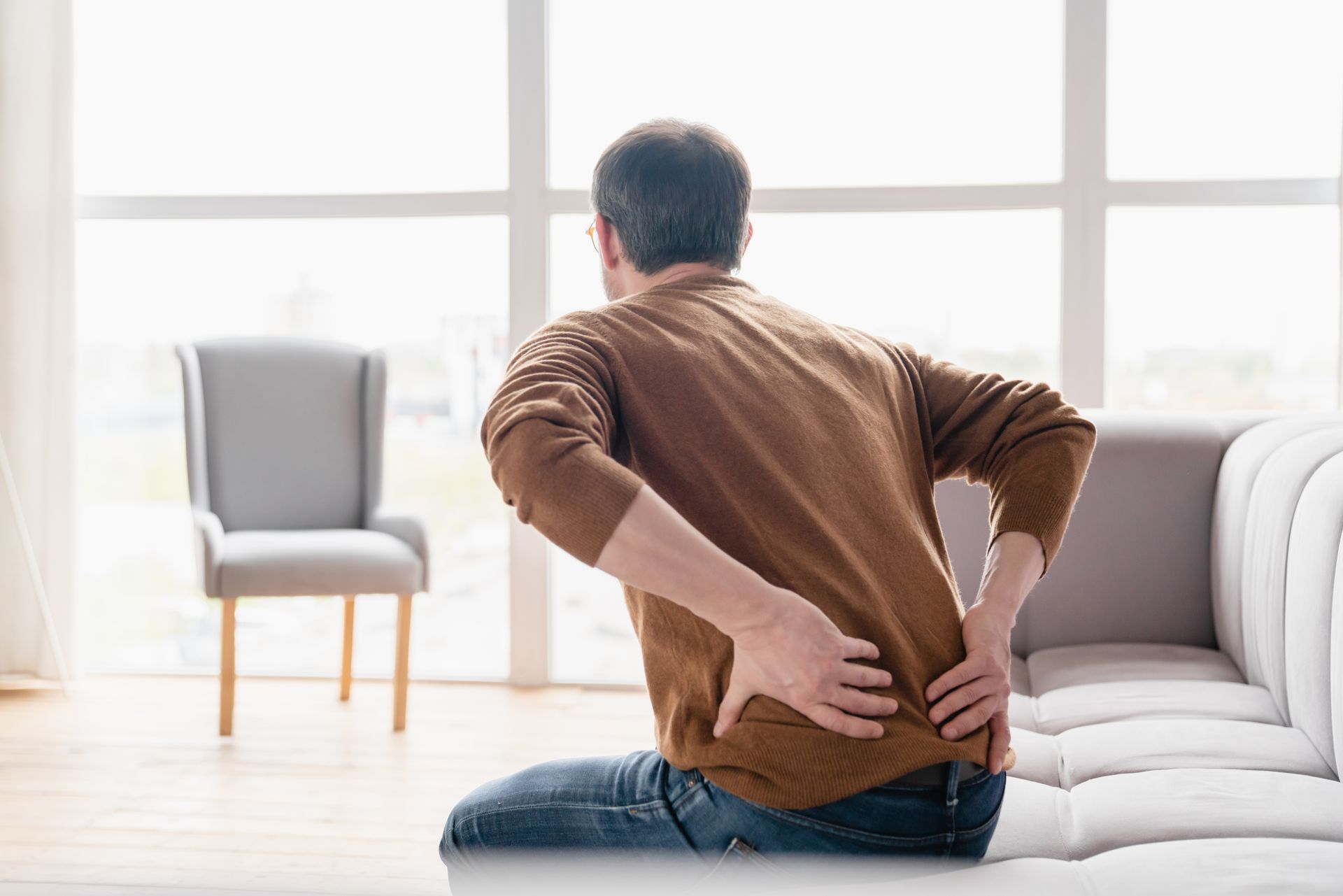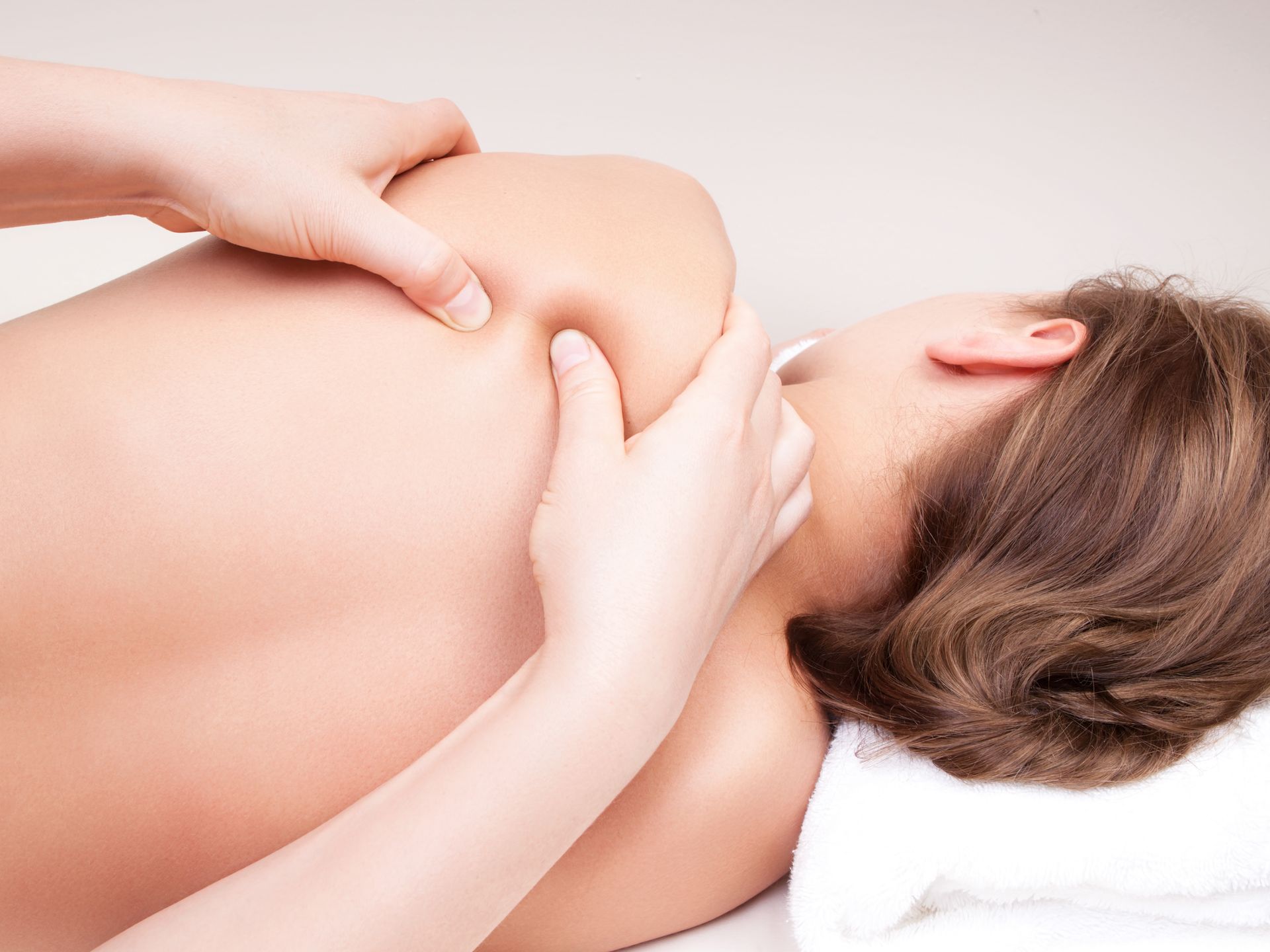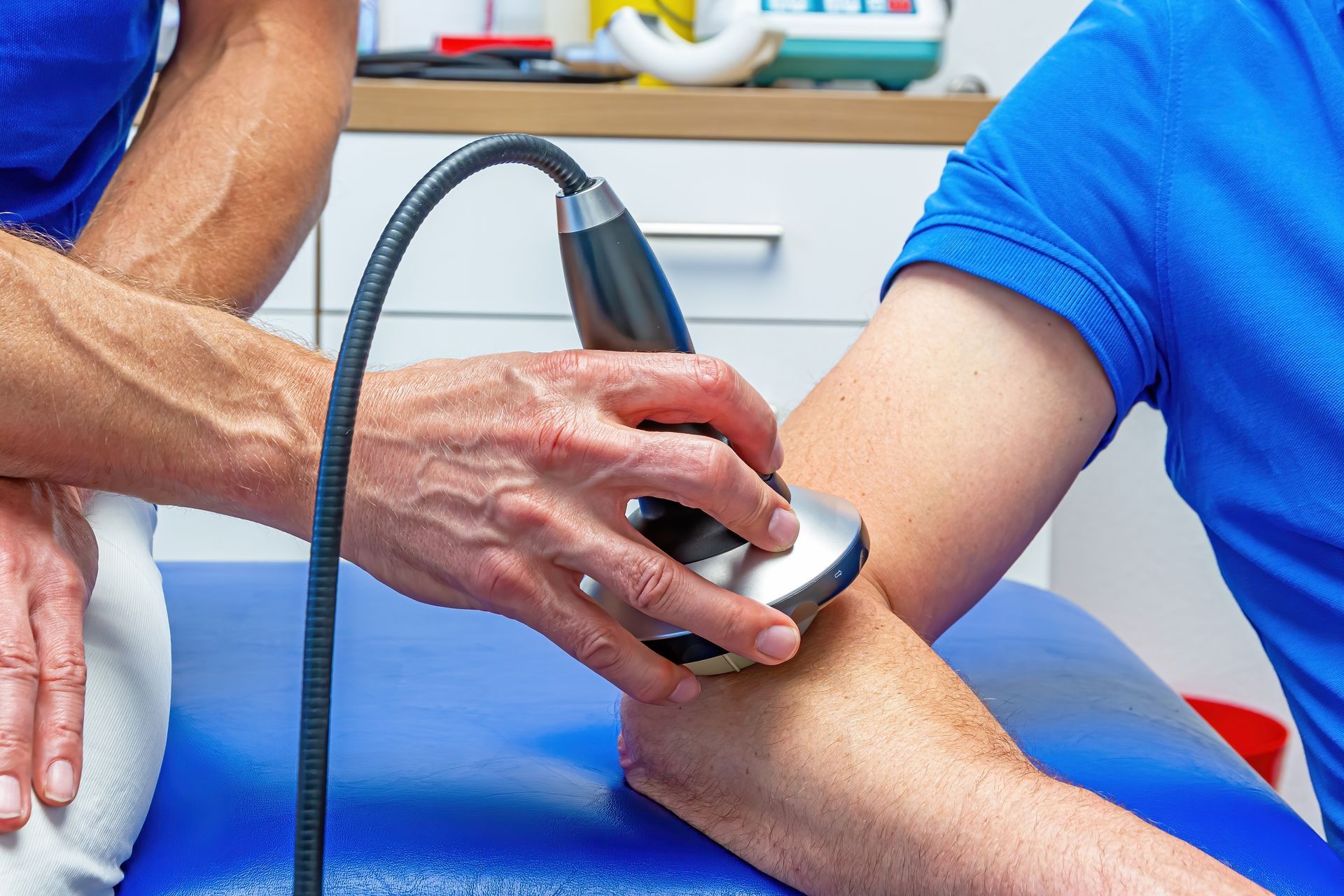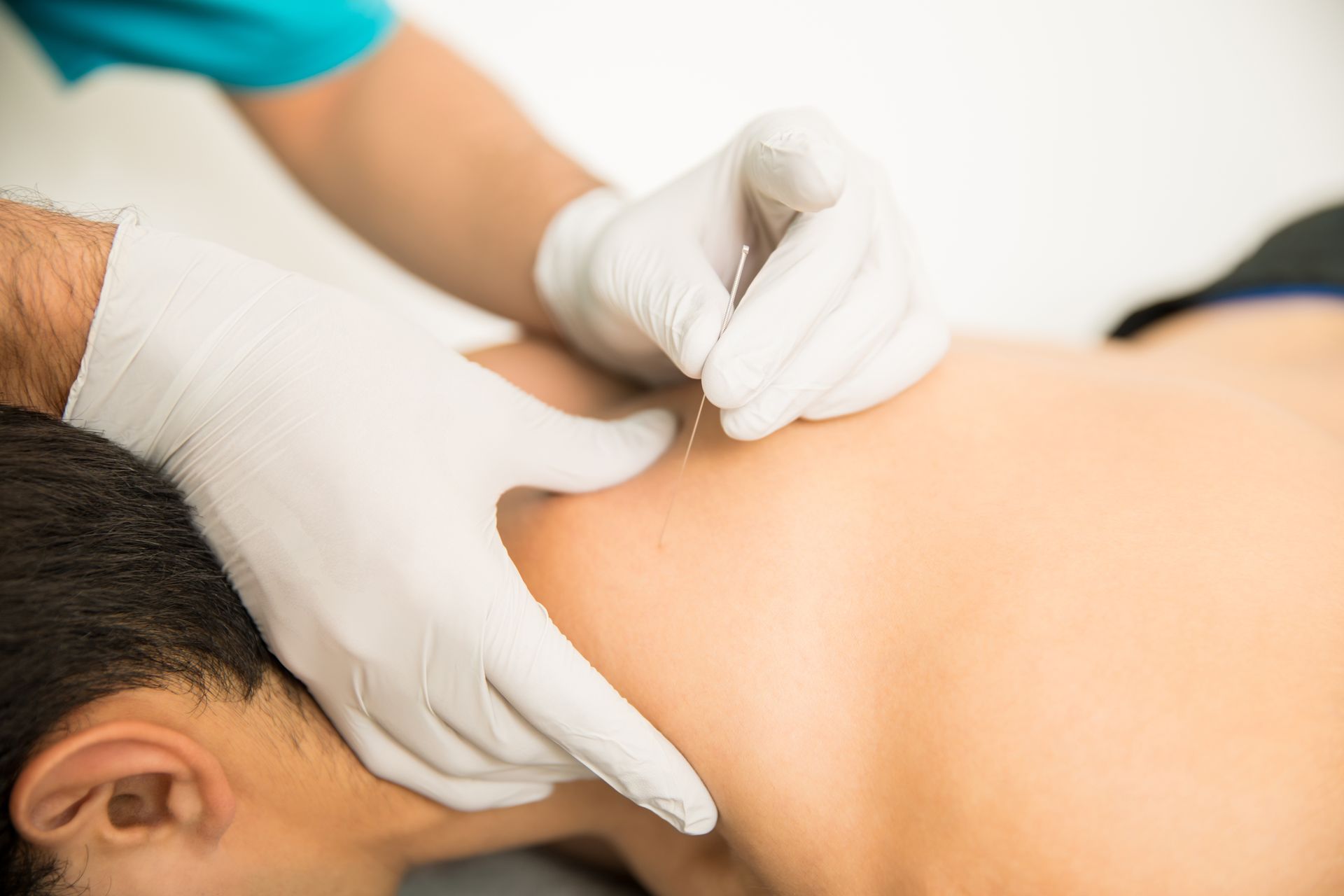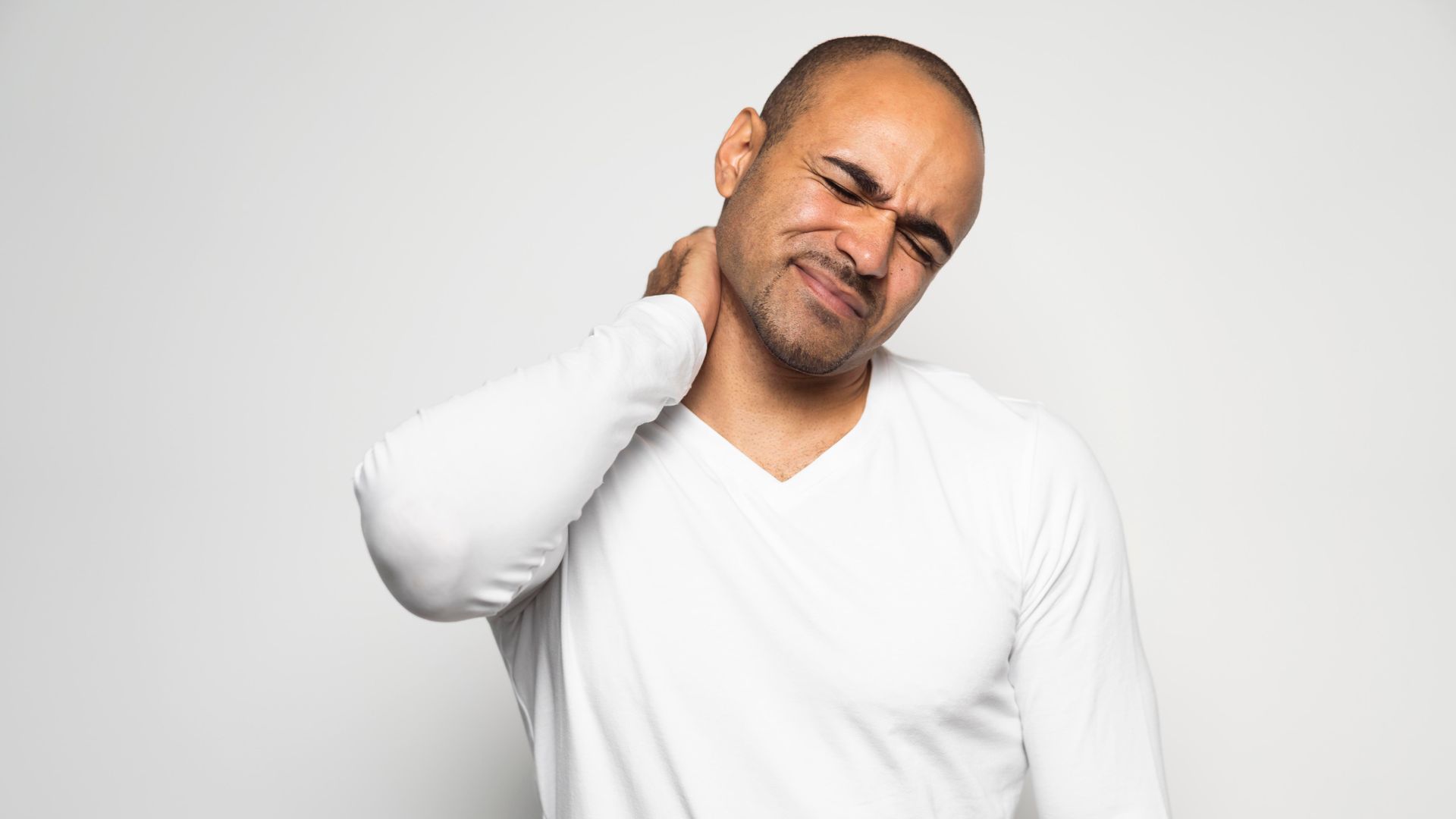Get In Touch
Address - St. Boniface
Phone
Business Hours
- Mon - Fri
- -
- Saturday
- -
- Sunday
- Closed
Address - Corydon
Phone
(431) 373-2877
Business Hours
- Mon - Fri
- -
- Saturday
- -
- Sunday
- Closed
Understanding Rotator Cuff Impingement: Causes, Symptoms, and Treatment Options
The rotator cuff plays a crucial role in the everyday functioning of our shoulder, providing stability and enabling a wide range of motion. It is a group of muscles and tendons surrounding the shoulder joint, connecting the humerus (upper arm bone) to the scapula (shoulder blade). Unfortunately, these essential muscles are also susceptible to injuries, such as impingement. In this blog, we will explore the causes, symptoms, and treatment options available for rotator cuff impingement.
Causes of Rotator Cuff Impingement
Rotator cuff impingement occurs when the tendons and bursa within the shoulder joint become compressed, causing irritation, inflammation, and pain. This impingement can be a result of various factors:
1. Anatomical factors: Some individuals may have a naturally narrow space between the acromion (the top part of the scapula) and the rotator cuff, which can lead to impingement over time.
2. Overhead activities: Frequent overhead movements (e.g., swimming, tennis, or weightlifting) can place excessive stress on the rotator cuff, contributing to impingement.
3. Posture: Poor posture, especially when sitting or working on a computer, can result in rounded shoulders that impede the normal function of the rotator cuff, leading to impingement.
4. Trauma: Injuries, such as falls or sudden impacts, can lead to inflammation and swelling, causing impingement on the affected shoulder.
5. Age: Rotator cuff impingement is more common in individuals over the age of 40 due to the natural degeneration of tissues and decreased joint flexibility.
Symptoms of Rotator Cuff Impingement
Some common symptoms associated with rotator cuff impingement include:
1. Pain: This is usually felt at the front or outside of the shoulder and may worsen with overhead activities or while sleeping on the affected side.
2. Limited mobility: Shoulder pain and joint stiffness can restrict the range of motion and affect daily activities such as reaching overhead or behind your back.
3. Weakness: The affected arm may feel weak, leading to difficulty performing routine tasks, such as lifting objects or combing your hair.
4. Swelling and inflammation: The affected shoulder may appear swollen and red, with inflammation causing discomfort and stiffness.
5. Popping or cracking sounds: These sounds can be heard when moving the shoulder in specific directions and may indicate the presence of impinged tendons within the joint.
Treatment Options for Rotator Cuff Impingement
After a thorough assessment and diagnosis, our experienced team at Total Rehabilitation & Sports Injuries Clinic will recommend a customized treatment plan to address your specific needs. Some common treatment options for rotator cuff impingement include:
1. Physiotherapy and athletic therapy: Specific therapeutic exercises help increase flexibility and strength, while manual therapy techniques and modalities (e.g., ultrasound, electrical stimulation) can alleviate pain and inflammation.
2. Activity modification: To minimize the risk of aggravating the injury, it may be necessary to change your daily activities or sporting techniques temporarily.
3. Pain relief medication: Over-the-counter anti-inflammatory medications can help manage pain and inflammation. However, it's essential to consult a healthcare professional before starting any new medication.
4. Corticosteroid injections: In some cases, a healthcare professional may recommend corticosteroid injections to alleviate pain and inflammation.
5. Surgical intervention: If conservative treatments fail to provide adequate relief, surgery may be considered to address the structural issues causing impingement. Common procedures include arthroscopy, subacromial decompression, and rotator cuff repair.
Recovery from rotator cuff impingement can vary depending on the severity of the injury and the individual's commitment to their treatment plan. However, with timely intervention and a customized approach, most patients can expect a significant improvement in their symptoms and a return to their regular activities.
Whether you're experiencing shoulder pain or other musculoskeletal concerns, our team of experts at Total Rehabilitation & Sports Injuries Clinic is dedicated to helping you get on the path to recovery. Don't let pain hold you back – reach out to us today to book an appointment and regain control of your health.
